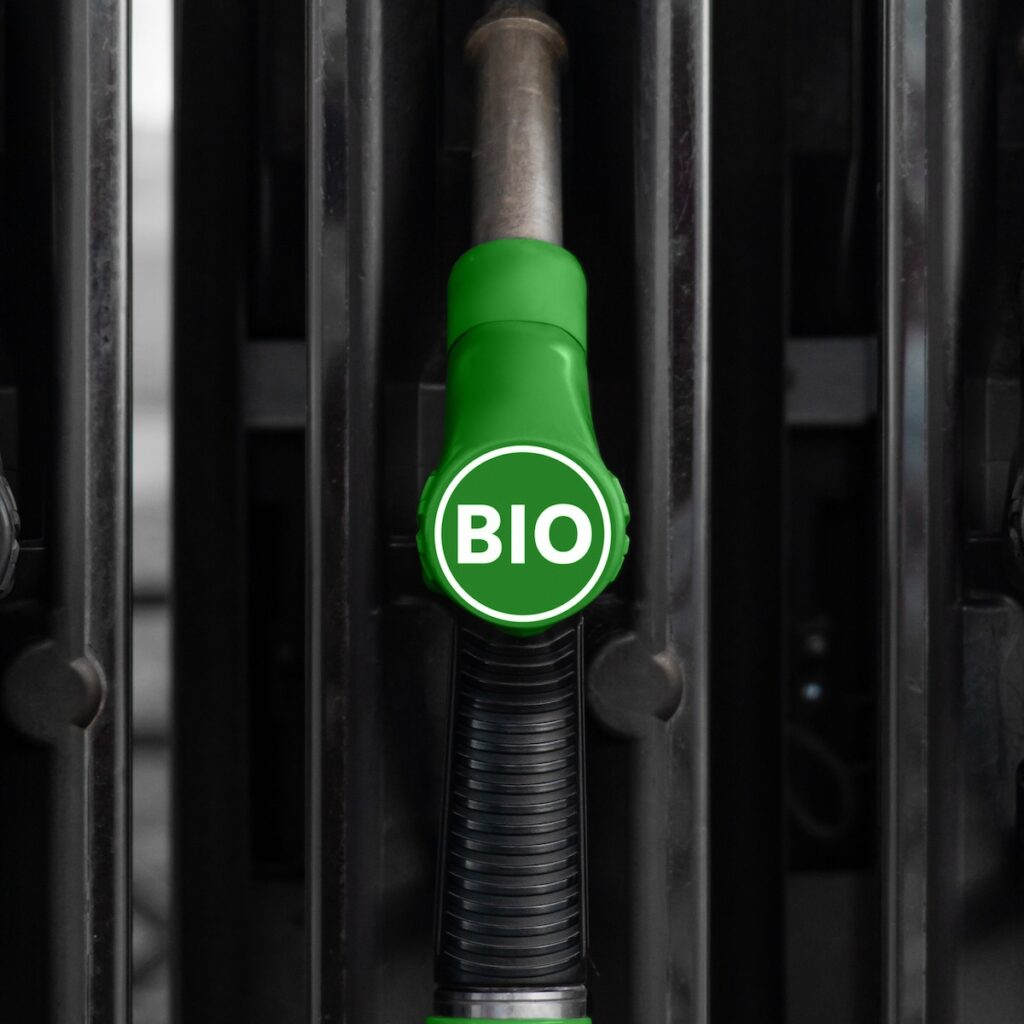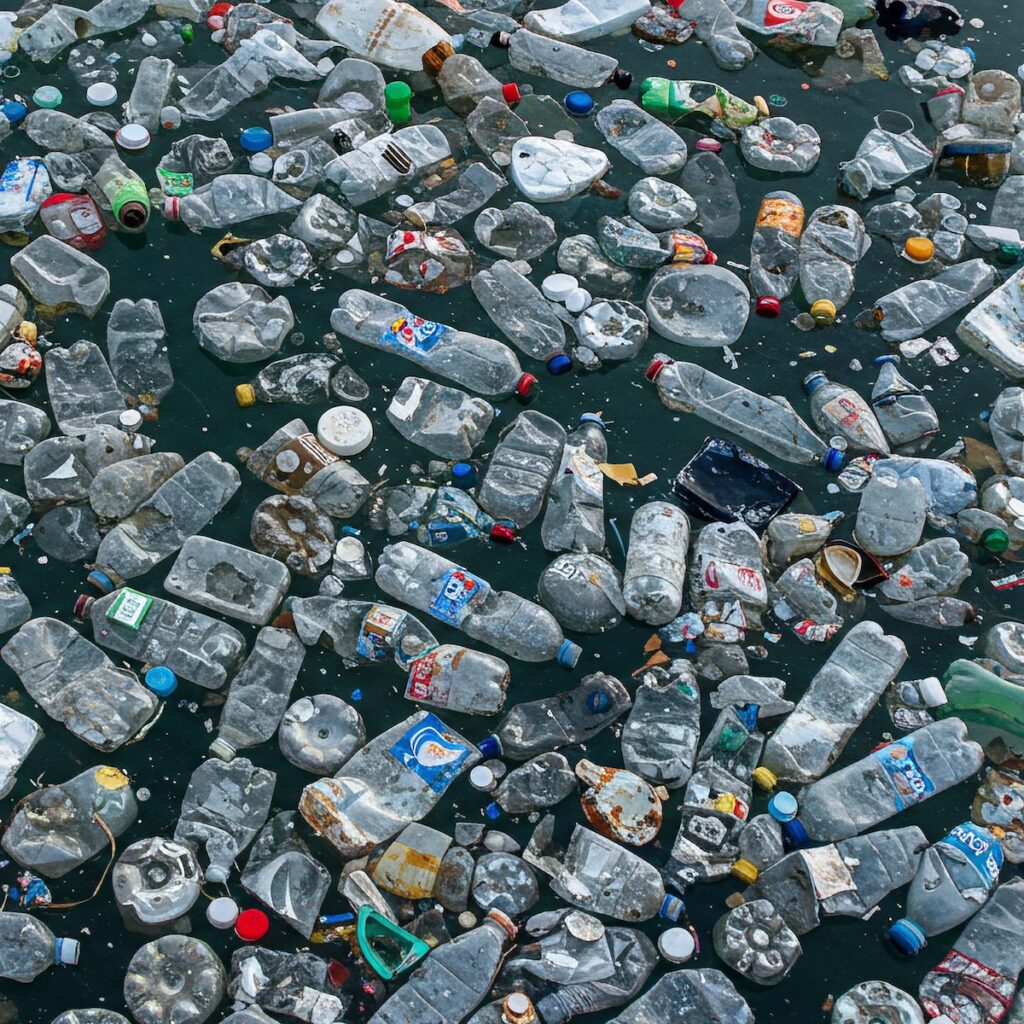Our products
Our biofuels are made through a sustainable, energy-conscious process that turns waste and energy crops into clean, renewable power—while minimizing energy use at every step.

Fatty Acid Methyl Esters
(FAME)
FAME is a type of biodiesel made from vegetable or animal fats through a process called transesterification, where the fats or oils are chemically reacted with methanol to form methyl esters.
These esters can be used directly in diesel engines or blended with petroleum diesel, offering a greener alternative. FAME reduces greenhouse gas emissions and air pollutants, making it a key player in building a cleaner, more sustainable energy system.

Hydrotreated Vegetable Oil
(HVO)
Also known as renewable diesel or green diesel, HVO is derived from vegetable or animal oils using a hydrotreatment process.
Unlike FAME, HVO involves removing impurities and saturating fatty acids to enhance fuel quality and stability. The result is a high-performance, low-emission diesel that seamlessly replaces conventional diesel.
With its environmental benefits and compatibility with existing diesel engines, HVO is used across transportation, power generation, and heating applications.

Pyrolysis Oil
(Bio-Oil / Biomass Oil)
Pyrolysis Oil is a renewable fuel made by thermally converting biomass—like energy crops or forestry waste—through a process called pyrolysis, where biomass is heated in the absence of oxygen. This yields a mix of gases, solids, and the liquid fuel known as bio-oil. With high energy density, pyrolysis oil is suitable for use in combustion, transport, and energy production.
Its ability to directly replace fossil fuels in many systems without major changes makes it a versatile and sustainable energy option.

Sustainable Aviation Fuel
(SAF)
Aviation accounts for 2–3% of global CO₂ emissions and is one of the fastest-growing sectors. Sustainable Aviation Fuel (SAF) offers a breakthrough solution by reducing lifecycle emissions by up to 80% compared to regular jet fuel.
Backed by global commitments—like the IATA’s goal of net-zero emissions by 2050—SAF is designed to be used now, with existing aircraft and infrastructure.
Though still developing, SAF is key to decarbonizing aviation and enabling cleaner skies for the future.
Our feedstocks
The journey to sustainable biofuels begins with the right feedstock. Every source we use is carefully selected to minimize environmental impact while maximizing energy efficiency. By prioritizing renewable, responsibly managed, and low-carbon materials, we ensure that our biofuels are not only effective but also part of a cleaner and more sustainable energy future.
